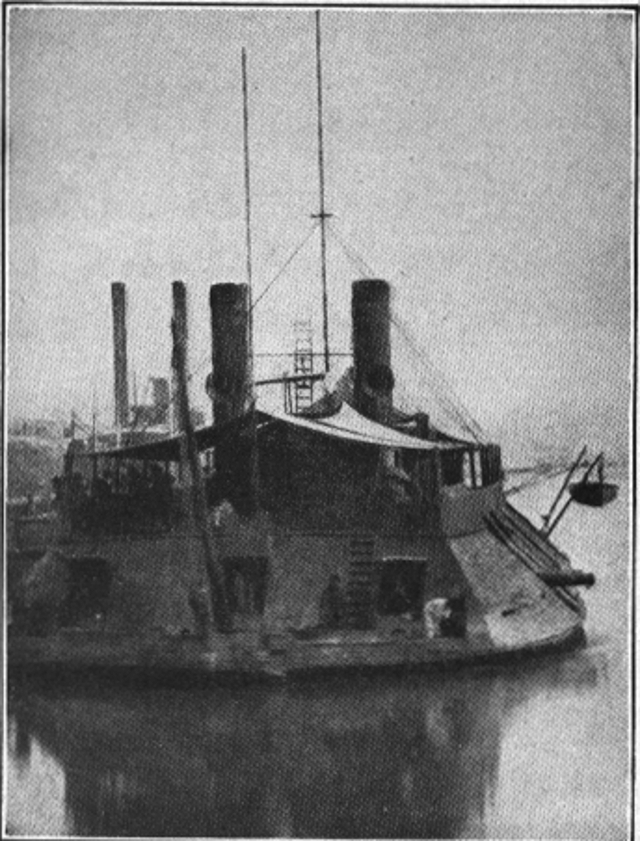last update Saturday, 17-Jul-2021 07:20:53 PDT
Welcome...
McLean Research Associates is dedicated to presenting little known facts about the US Navy in the Civil War, presentations on a myriad of astronomical topics,STEM workshops, and letterboxing.
In commemoration of the 160 years since the Civil War - or more appropriately in the vernacular of the day - The War of the Slaveholders' Rebellion - we are featuring a quote and picture of the day from the Naval Records
 USS Louisville |
Teachers and Educators - we have several Civil War presentations covering the US Navy throughout the Civil War which include our portable museum, Submarines, and key naval and land battles. Check out our Civil War section for more details. We also have several presentations on astronomy for all age groups

This website Copyright 1999-2019 McLean Research Associates
This site
The MRA logo is a trademark of McLean Research Associates. All menu buttons and the background anchor are copyright 1999 by MRA